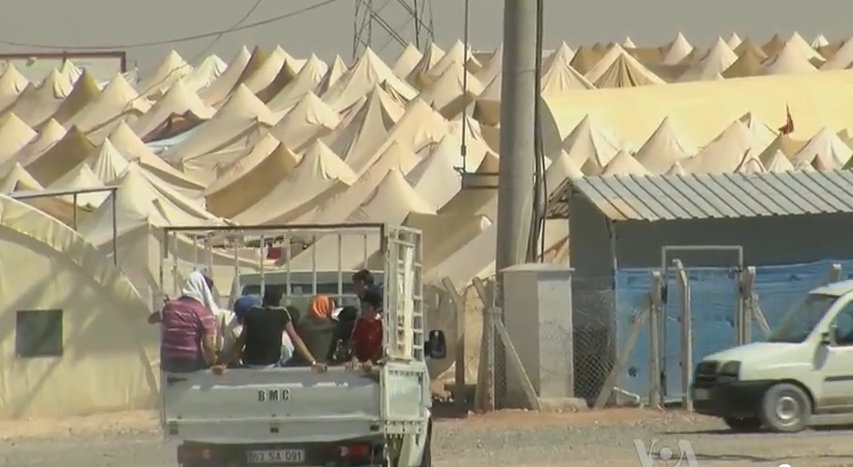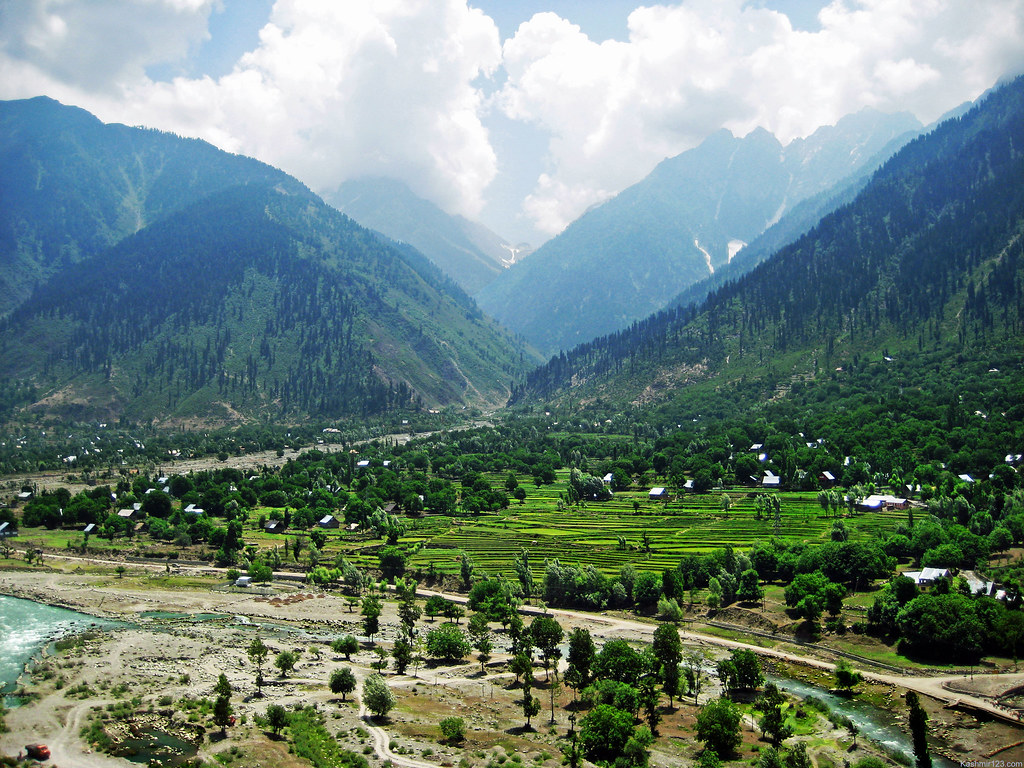Since the outbreak of civil war in March 2011, an estimated 9 million Syrians have been displaced due to violence. including 6 million internally displaced within Syrian borders. This displacement of people has become so large that Antonio Guterres, head of United Nations Refugee Agency, has said: “This is not only the worst humanitarian crisis in the last decades, it is also the biggest threat to regional peace and security, it’s a global threat.”
The mass migration to escape violence has resulted in over 1 million Syrian refugees in Lebanon, 600,000 in Jordan, 700,000 in Turkey, 220,000 in Iraq and 50,000 in Europe. Although neighbouring countries have opened their borders in hopes to help alleviate suffering, this massive influx of refugees is testing the political and economic foundations of the hosting countries. In Jordan alone, the Syrian Refugees equals to about 10% of Jordan’s population.
In some towns in Lebanon, the population has doubled and this has put local schools, hospitals and social services under immense pressure. Local Lebanese are losing jobs to newcomer Syrians, who are willing to work more hours for less pay. In spite of this, it is Syrian debt that still increases. As refugees with little to no savings or assets, Syrians’ expenses for food, housing, education and health care continue to increase as they try to rebuild their lives. Animosity and racism has developed as a result of the tension over an already weak economy and job market in Lebanon.
In Jordan, tension has risen over jobs, as well as water usage. Considered a “water-poor” country, over-usage and an absence of conservation efforts by non-Jordanians, only exacerbates the problem of scarcity and fuels resentment. These problems are echoed across all of Syria’s neighbours who have taken the step to open their borders to refugees in need. As these countries’ economies and political institutions strain to accommodate the massive influx of people, local populations’ sentiment towards refugees continues its evolution from welcoming to resentful.
All this is having a destabilizing effect on hosting countries’ societies, political institutions and economies. Though Syria’s neighbours have nobly taken in refugees looking for a safe haven, they may not have the financial or institutional capacity to handle a humanitarian crisis of this size. The international community has donated over $1 billion in aid towards the Syrian refugee cause, but UNHCR predicts it will need an additional $2.7 billion to meet its $3.7 billion aid requirement for 2014. Without this aid, host countries will continue to struggle to accomodate the ever increasing numbers of refugees, and maintain domestic and regional security and stability.
UNHCR has urged countries around the world to review their immigrations laws to allow for more Syrians to seek refugee status outside of the Middle East. Specifically they have asked all countries to support the resettlement of 100,000 Syrians between 2015 and 2016. Guterres has stated, “This is not a responsibility for Jordanians, for Lebanese, for the Turks. This is a responsibility for the whole international community.”
Canada has been known for decades as a refugee welcoming country and is proud to be the home to one of every ten global refugees. Canada has the resources and expertise to deal with large-scale refugee resettlement initiatives and has gained this experience and positive reputation for its commendable efforts in dealing with the Iraqi Crisis, Vietnamese boat people, Idi Aman’s victims in Uganda in 1972 and the 1956 crackdown in Hungary.
But humanitarian groups have criticized Canada and Immigration Minister Chris Alexander, stating not enough is being done to aid in the Syrian refugee crisis by a country which is world renowned for its effective immigration and refugee policies. The Union of Syrian Medical Relief Organizations said Ottawa promised in 2013 to admit 1300 Syrians (200 as state-sponsored refugees and 1100 private sponsored immigrants), but the Union claims Ottawa has only accepted 200 Syrians into Canada since last year.
The Canada Council for Refugees, Canadians in Support of Refuges in Dire Need, Doctors for Humanity and Canadians Immigrant Settle Sector Alliance, have each written to Minister Alexander to demand the immediate acceptance of 10,000 Syrian refugees. However, civil society groups are still waiting for an announcement from the government on its commitment to the Syrian refugee crisis. They are hoping Canada will make a similar pledge to one from the Iraq War, where Canada pledged to accept 20,000 Iraqis. Canada has more or less met this promise, having accepted 18,000 Iraqi refugees in response to the crisis. Sweden, which has a population one fourth the size of Canada’s has already accepted 30,000 Syrian refugees since 2011. Many members of the refugee community feel Canada has demonstrated a lack of political will in regards to the Syrian Refugee Crisis, something that is seen as uncharacteristic when compared with Canada’s previous responses to refugee emergencies.
“What we are lacking is political leadership and political will to make it happen.” says Naomi Alboim, chair of the Policy Forum at Queen’s University’s School of Policy Studies and the head of federal refugee-resettlement programs in Ontario during the Indochinese boat people crisis in 1979. “
“I think it is a national embarrassment that Canada, a country that has had so much experience in the resettlement of refugees and benefited so dramatically from the resettlement of refugees all over the world, has been really dragging its feet in this particular situation. We have the capacity, we have the expertise, we have the systems, we have all of those things,” she says.
Further Reading
United Nations: Syrian Refugees – Inter-agency Regional Update 1 December 2014




